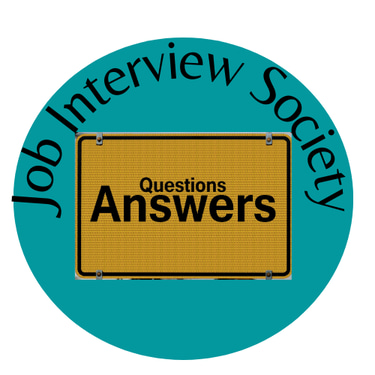Reflecting on Interview Performance reflection
Learn how to reflect on your interview performance with actionable tips and strategies. Understand the importance of interview feedback and improve your future interviews by analysing your strengths and weaknesses. interview performance reflection.
HANDLING REJECTION
2/21/20252 min read


Understanding the Importance of Post-Interview Reflection
After attending an interview, many candidates find themselves feeling relieved, anxious, or even excited about the possibilities that lie ahead. However, what often gets overlooked is the value of reflecting on the interview performance itself. Taking the time to evaluate how you presented yourself, how you responded to questions, and the overall dynamics of the conversation can provide invaluable insights for future opportunities.
Steps to Effectively Reflect on Your Interview
To begin with your reflection, find a quiet space where you can gather your thoughts without distractions. You might want to jot down your observations immediately after the interview while the details are still fresh in your mind. Consider the following aspects:
- Preparation: Did you review the company’s background and role requirements thoroughly? Ask yourself whether your research was sufficient to enable you to engage in meaningful conversations.
- Responses: How did you answer the questions asked? Were your responses thorough and relevant? Reflect on specific moments where you felt confident or perhaps lacked clarity.
- Body Language: Pay attention to your non-verbal cues. Did you maintain eye contact and exhibit confident body language? Consider how these factors may have affected the interviewer's impression of you.
- Questions Asked: Did you ask insightful questions? Reflecting on your inquiries not only reveals your interest in the role but also how you can further demonstrate enthusiasm in future interviews.
Identify Key Takeaways for Future Interviews
Once you’ve reviewed the various aspects of your performance, identify key takeaways that can help you improve. Perhaps you noticed that you tended to ramble in your answers or struggled with certain questions. Use these insights to personalize your preparation for future interviews.
Consider approaching a trusted mentor or friend for feedback regarding your interview techniques. You might even engage in mock interviews to practice and refine your responses. Each interview is a chance to learn, and reflecting on your experiences can drastically enhance your performance over time.
Lastly, it’s important to stay positive during this reflection process. Instead of becoming disheartened by perceived failures, focus on the aspects you can improve upon and celebrate your strengths. Reflection serves not only as a tool for improvement but also as a way to boost your confidence for future interviews.
